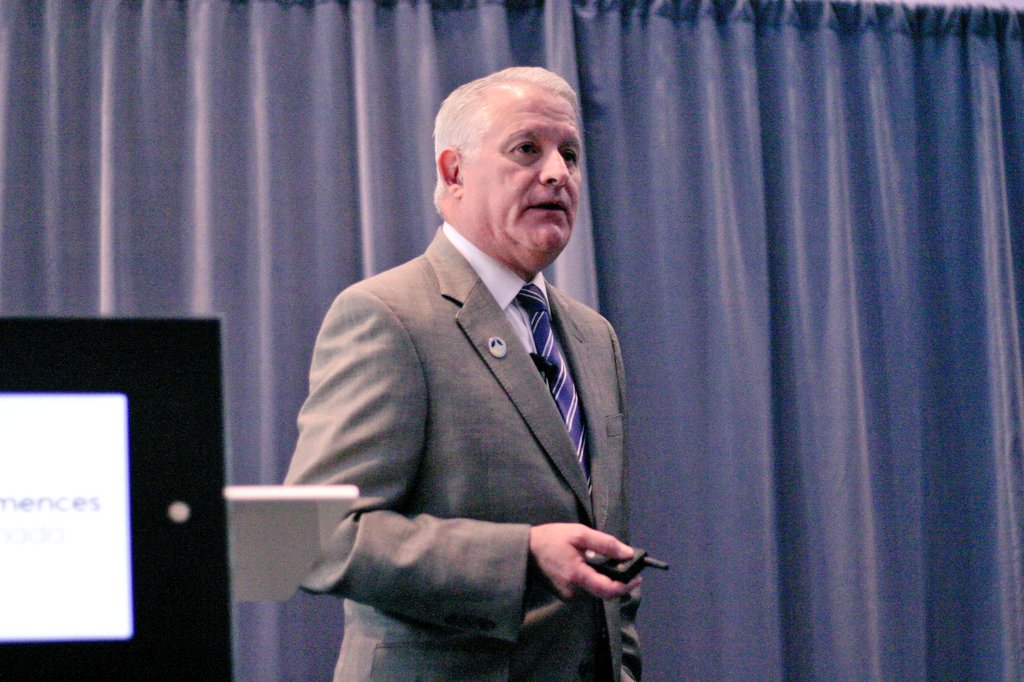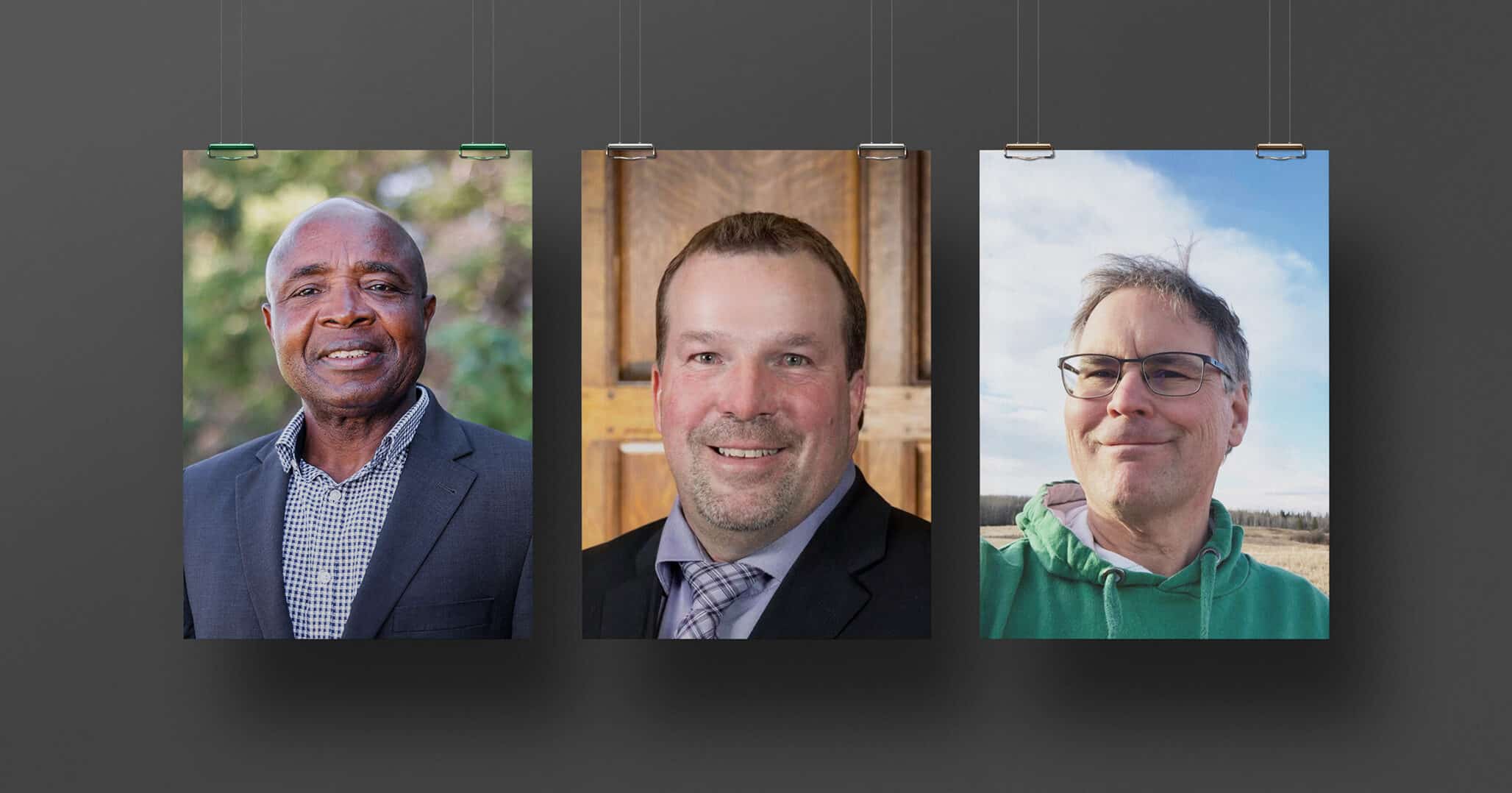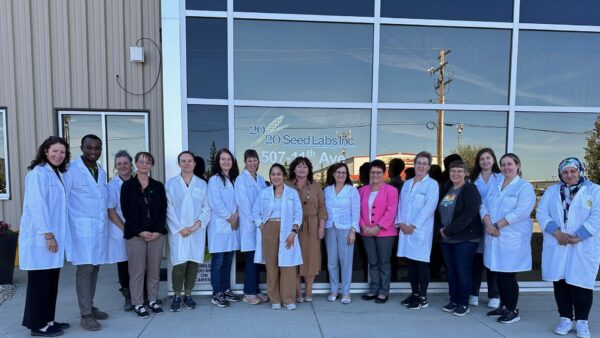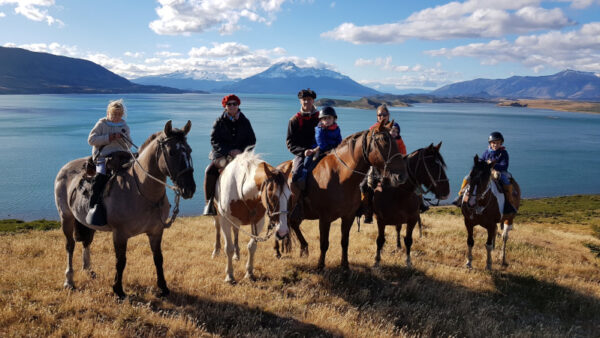Tyler McCann recently took over as interim executive director of the Canadian Seed Trade Association. We sit down with him to find out what he thinks the road ahead looks like.
The Canadian Seed Trade Association (CSTA) board of directors has appointed Tyler McCann as interim executive director after Dave Carey’s departure. McCann is a senior associate with T. Bjornson and Associates, an Ottawa-based consulting firm that works exclusively in the agriculture and food space. He has a strong background in government relations, policy, strategy, international trade and association management. He served as the interim executive director for the Grain Growers of Canada and has consulted on strategy, policy, and international trade for clients across Canada in a variety of agriculture sectors. Before his work in consulting, McCann worked for the federal government, including almost 10 years working for the country’s agriculture minister. He currently lives in Bristol, Que., where he and his wife operate a beef farm.
You grew up on a farm and are a livestock producer. How did you get into the consulting space?
I put my university education on hold to be a part of a minority Parliament that I thought wouldn’t last long but ended up lasting 10 years. When the government changed, I was given the opportunity to work in a small agriculture focused consulting firm. Over the years, opportunities have popped up, including time as interim executive director for Grain Growers of Canada while they went through a similar transition like the CSTA is going through right now as part of the Seed Synergy project. I’m at a point where I no longer think consultant is a dirty word.
What do you mean?
There’s a stereotype of consultants coming on and charging a lot of money for not a lot of work. I have an appreciation for the fact that often there is a role that needs to be played that doesn’t warrant the hiring of full-time staff, and that’s where someone like me steps in and provides a really important service. We work a lot with companies that do a great job producing food, but don’t engage government very often, and they’re looking for help. CSTA is a bit different in that it’s an industry association that deals a lot with government but is going through a lot of change. When you look at a potential July vote on the National Seed Organization proposal, it probably doesn’t make a lot of sense to invest in a new executive director who may not be in place for a long time. I can fill the chair but in a way that gives CSTA and the new organization the flexibility it needs to move ahead as efficiently as possible.
[tweetshare tweet=”There’s a stereotype of consultants coming on and charging a lot of money for not a lot of work.” username=”germinationmag”]You’re coming into the seed industry at a unique time where we’re building a Single National Seed Organization and really changing the way we operate and function. What’s your opinion in regard to how well we’ve done at this?
I come at this with a fresh set of eyes. My starting point is driven from my experience inside government that has led me to believe that in a situation like this, speaking with one voice is an important thing. It’s in everyone’s interests to come together in a bigger, stronger single seed organization. There is broad recognition of that and broad agreement from within the industry. Organizational efficiencies are one thing but the ability to better serve the interests of the seed sector is a win-win for all the organizations involved.
The CSTA is set to vote on the NSO proposal in July. Any initial thoughts on how smoothly you see this going?
The leadership shown by the Seed Synergy partners has been tremendous. I’m convinced we will be able to give our membership the certainty they need by July so everyone can understand where this is going and what the NSO will actually look like and where it will head next, and present that in such a way that will give them the confidence they need to move ahead.
As a producer yourself, what do you think the net benefit of this will be at the end of the day?
The short answer is this will absolutely benefit producers. During my time in government, I realized how hard it is to get messages through on behalf of the ag industry. There is a lot of outside pressure that has a negative impact on what seed growers, grain farmers and primary producers do. There are these movements afoot that don’t have a good appreciation for modern agriculture, and it’s all our best interests to speak with as united a voice as possible.













